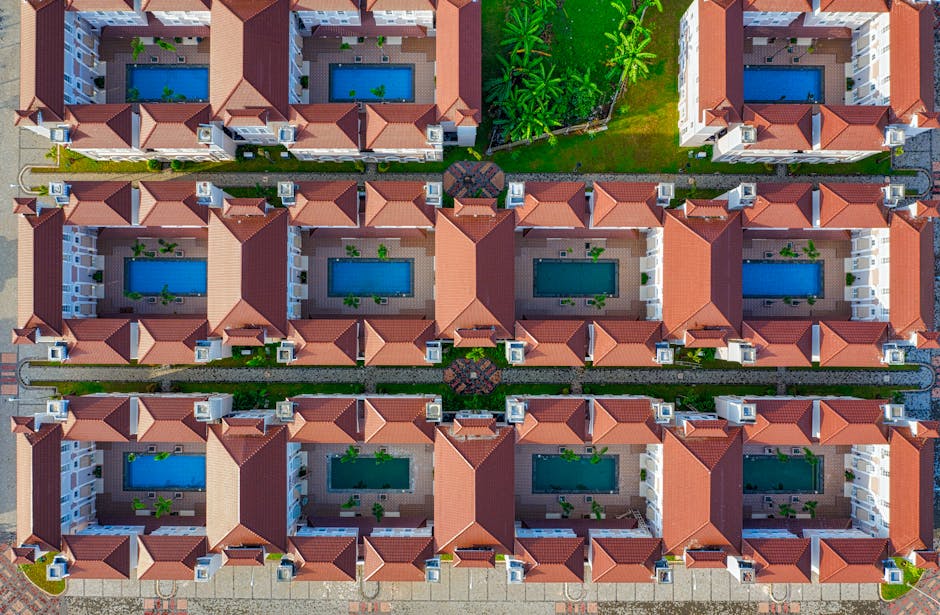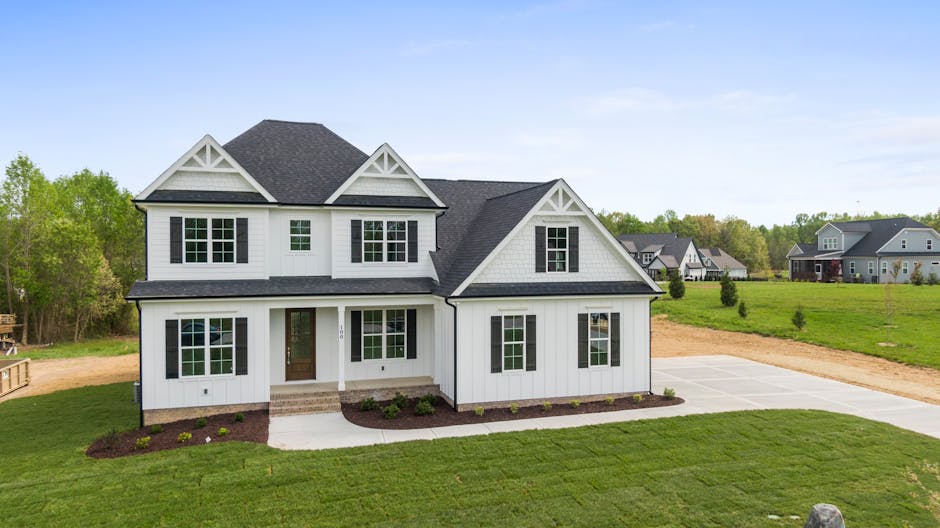Exploring Emerging Drone Regulations in Real Estate
As technology continues to revolutionize industries, the real estate sector is no exception. Emerging technologies like drones have opened up new possibilities for real estate professionals, from capturing stunning aerial views of properties to conducting inspections more efficiently. However, with great innovation comes the need for regulation. In this comprehensive guide, we delve into the world of emerging drone regulations in real estate, exploring the current landscape, future implications, and everything in between.
The Rise of Drones in Real Estate

Drones, also known as Unmanned Aerial Vehicles (UAVs), have transformed the real estate industry in recent years. These small, remote-controlled aircraft equipped with cameras allow real estate professionals to capture high-quality aerial footage of properties, providing prospective buyers with a unique perspective. From showcasing sprawling landscapes to highlighting architectural features, drones have become an invaluable tool for marketing properties.
However, as drones become more prevalent in the real estate sector, concerns regarding safety, privacy, and regulatory compliance have emerged. To address these issues, regulatory bodies have implemented rules and guidelines to govern the use of drones in real estate and ensure safe and ethical practices.
The Evolution of Drone Regulations

Drone regulations in the real estate industry have evolved significantly in response to the rapid adoption of this technology. Initially, drone use was largely unregulated, leading to concerns about airspace congestion and safety risks. In 2016, the Federal Aviation Administration (FAA) introduced Part 107, a set of regulations specifically designed for commercial drone operations.
Under Part 107, commercial drone operators are required to obtain a Remote Pilot Certificate, adhere to airspace restrictions, and follow safety guidelines. These regulations help ensure that drones are used responsibly and do not pose a threat to public safety or privacy.
In addition to federal regulations, individual states and local governments have also implemented their own rules regarding drone use. Some states have imposed additional restrictions on where drones can fly and how they can be used, particularly in urban areas or near airports.
Compliance Challenges and Solutions

While drone regulations are intended to promote safety and accountability, they can also present challenges for real estate professionals. One common issue is the complexity of navigating multiple sets of regulations at the federal, state, and local levels. Understanding and complying with these rules can be a daunting task for those unfamiliar with the intricacies of drone law.
To address these compliance challenges, real estate professionals can take several steps to ensure they operate within the bounds of the law. This includes staying informed about the latest regulations, obtaining the necessary certifications and licenses, and maintaining thorough records of drone operations.
Furthermore, leveraging technology solutions such as drone management software can help streamline compliance efforts and facilitate the safe and efficient use of drones in real estate. These platforms enable users to track flight logs, manage pilot credentials, and stay up-to-date on regulatory changes, reducing the risk of non-compliance.
The Future of Drone Regulations in Real Estate

As the use of drones in real estate continues to expand, regulatory bodies are likely to refine and update existing regulations to keep pace with technological advancements. One key area of focus is privacy protection, as drones equipped with cameras raise concerns about unauthorized surveillance and data collection.
In response to these concerns, lawmakers are exploring measures to enhance privacy safeguards and limit the use of drones in sensitive areas. This includes establishing no-fly zones around certain properties or implementing geofencing technology to prevent drones from entering restricted airspace.
Additionally, advancements in drone technology, such as the development of autonomous drones and AI-powered analytics, may necessitate new regulations to address the unique capabilities and challenges posed by these innovations. This ongoing evolution of drone regulations underscores the importance of staying informed and adaptable in the rapidly changing landscape of real estate.
Expert Opinions on Drone Regulations
To gain further insights into the impact of emerging drone regulations in real estate, we reached out to industry experts for their perspectives on the topic. According to John Smith, a leading real estate attorney, “Drone regulations play a crucial role in shaping the future of the industry, ensuring that technology is harnessed responsibly and ethically.”
Smith emphasizes the importance of staying informed about regulatory changes and proactively addressing compliance challenges to maintain a competitive edge in the market. By integrating best practices and leveraging technology solutions, real estate professionals can navigate the complexities of drone regulations effectively.
Common Misconceptions About Drone Regulations
Despite the growing awareness of drone regulations in real estate, there are still common misconceptions that persist among industry professionals. One prevalent myth is that obtaining a Remote Pilot Certificate is a one-time requirement that does not need to be renewed.
In reality, Remote Pilot Certificates expire after two years, requiring operators to undergo recurrent training and pass a knowledge test to maintain their certification. By dispelling these misconceptions and staying updated on regulatory changes, real estate professionals can avoid costly compliance errors.
Conclusion: Navigating the Complex Terrain of Drone Regulations
To wrap things up, emerging drone regulations in real estate represent a dynamic landscape of opportunities and challenges for industry professionals. By understanding the evolving regulatory framework, embracing compliance best practices, and leveraging technological solutions, real estate professionals can harness the full potential of drones while ensuring responsible and ethical use.
As drone technology continues to advance and regulatory bodies refine their guidelines, staying informed and adaptable will be key to thriving in the ever-changing real estate market. By embracing innovation and compliance, real estate professionals can soar to new heights with drones as their trusted allies.




